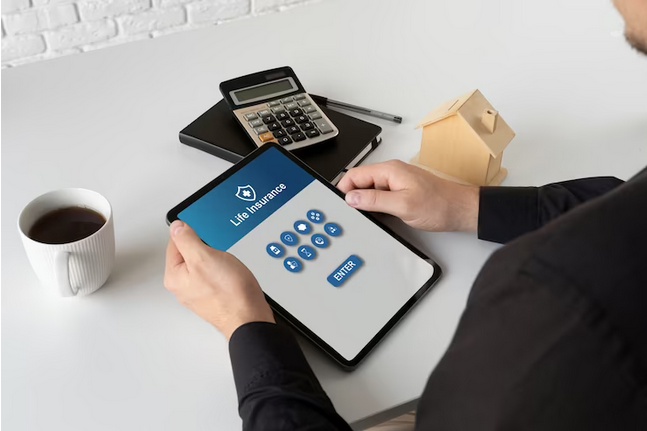Introduction:
Digital tax rules for landlords refer to the requirements set out by HM Revenue and Customs (HMRC) for the submission of tax returns and record-keeping using digital technology. In this guide, we will provide a comprehensive overview of digital tax rules landlords, including what they are, who they apply to, and how to comply with them.
What are Digital Tax Rules for Landlords?
Digital tax rules for landlords refer to the requirement for landlords to submit their tax returns using digital technology. This means that landlords must keep digital records of their rental income and expenses, and use compatible software to submit their tax returns to HMRC.
Who do Digital Tax Rules Apply to?
Digital tax rules for landlords apply to anyone who earns rental income from residential property in the UK, including those who let out a single property and those who operate as professional landlords.
What are the Benefits of Digital Tax for Landlords?
There are several benefits of using digital tax for landlords, including:
Time-Saving:
Digital tax can save landlords time by streamlining the tax reporting process. With compatible software, landlords can easily keep track of their rental income and expenses and generate reports that can be submitted to HMRC with just a few clicks.
Accuracy:
Digital tax can improve accuracy by reducing the risk of errors. The software will automatically calculate tax liability based on the information provided, and it can also identify any missing or incorrect information.
Convenience:
Digital tax is convenient because landlords can complete and submit tax returns online from anywhere with an internet connection.
Real-Time Information:
Digital tax provides landlords with real-time information on their tax liabilities, enabling them to make informed decisions about their finances.
How to Comply with Digital Tax Rules for Landlords:
To comply with digital tax rules as a landlord, the following steps should be taken:
Register for Digital Services:
Landlords must register for digital services with HMRC. This involves creating an online account and providing personal and financial information.
Keep Digital Records:
Landlords must keep digital records of their rental income and expenses using software that is compatible with HMRC's digital services. This software should be able to store and organize financial data, generate reports, and communicate with HMRC's digital systems.
Submit Tax Returns:
Landlords must submit their tax returns online using HMRC's digital services. This can be done either by using the software to submit the return directly or by using a third-party service provider.
Pay Taxes:
Landlords must pay any taxes owed to HMRC using HMRC's digital services. This can be done either through a direct debit or by making a manual payment.
What are the Penalties for Non-Compliance with Digital Tax Rules for Landlords?
Landlords who do not comply with digital tax rules may face penalties from HMRC. The penalties can range from a fixed penalty of £100 for late submission to a percentage of the tax owed for more severe cases. The percentage penalty can range from 0% to 100% of the tax owed, depending on the severity of the non-compliance.
FAQs:
What software should landlords use to keep digital records?
Landlords can use any software that is compatible with HMRC's digital services, but it should be able to store and organize financial data, generate reports, and communicate with HMRC's digital systems.
Can landlords use third-party service providers to submit their tax returns?
Yes, landlords can use third-party service providers to submit their tax returns, but they should ensure that the provider is reputable and reliable.
What happens if landlords do not comply with digital tax rules?
Landlords who do not comply with digital tax rules may face penalties from HMRC, ranging from a fixed penalty of £100 for late submission to a percentage of the tax owed for more severe cases.
Are there any exemptions for landlords who do not have access to digital technology?
There are exemptions for landlords who cannot use digital technology due to age, disability, location, or religious beliefs. These landlords can request an exemption from digital tax rules and submit their tax returns using paper forms.
What happens if landlords make mistakes when submitting their tax returns?
Landlords should ensure that their tax returns are accurate and complete before submitting them. If mistakes are made, they can be corrected by submitting an amended return.
Conclusion:
In conclusion, digital tax rules for landlords are designed to make tax reporting and record-keeping more efficient, accurate, and convenient. Landlords who earn rental income from residential property in the UK must comply with digital tax rules by registering for digital services, keeping digital records, submitting tax returns online, and paying taxes owed using digital services. Failure to comply with digital tax rules can result in penalties from HMRC. By following the steps outlined in this guide, landlords can ensure that they are complying with digital tax rules and avoiding penalties.


No comments yet